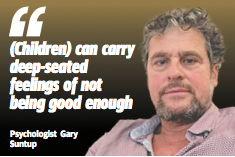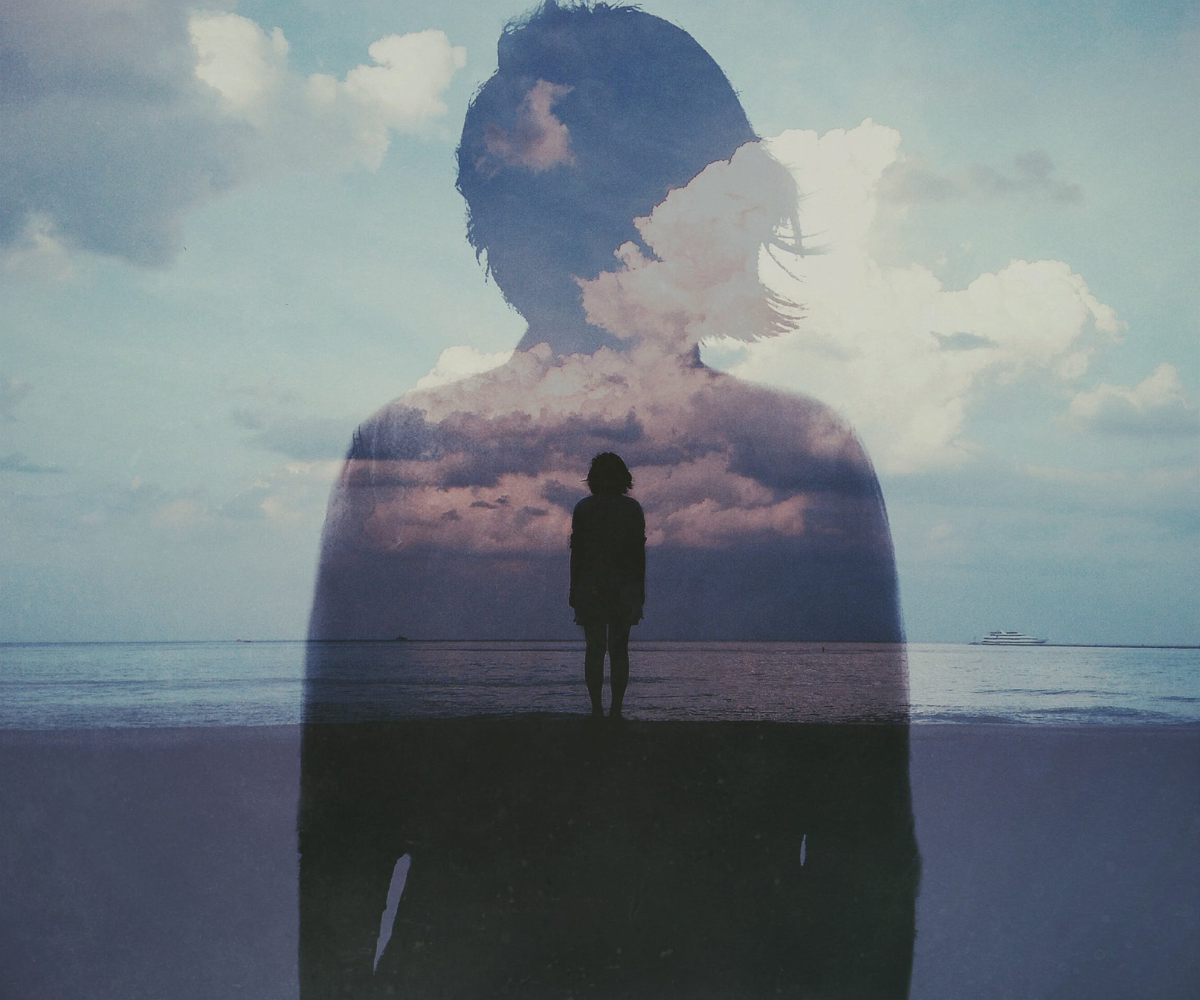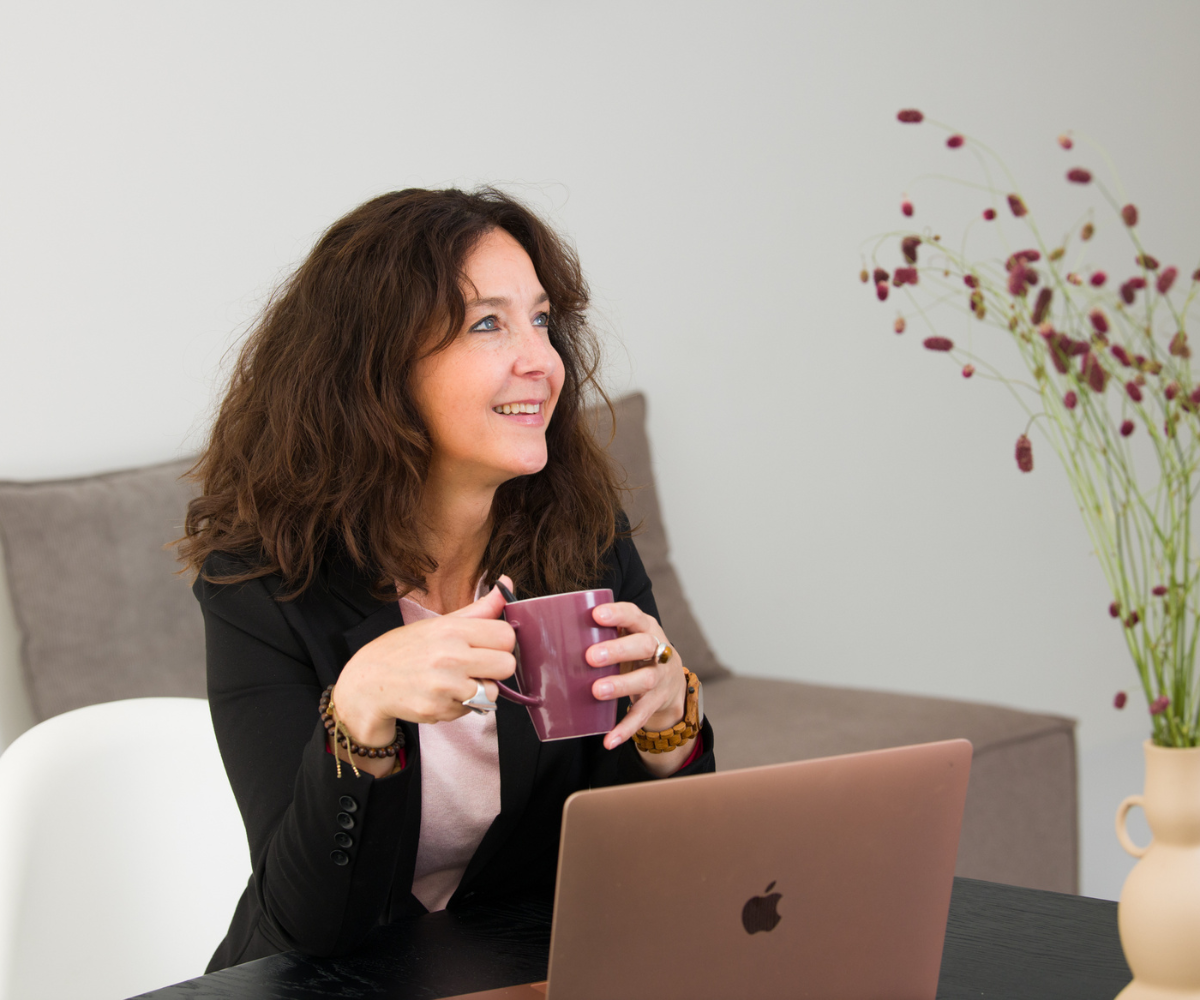By: Carly Brand
The adult anxiety disorders suffered by children of divorce
One in three Australian marriages end in divorce and the mental impact on children can last into adulthood
Jess pauses, stricken. Her breath shallow, her heart racing. The walls seem to be closing in and she counts down to 10 until the feeling passes.
Like many children from broken homes the pretty blonde student has suffered depression and has her own techniques for coping with anxiety, a condition that affects one in four Australians.
Experts say children who experience trauma, or high levels of conflict when growing up, increase the chance of developing anxietyor other mental health conditions by 50 per cent.
Professor Jennifer McIntosh, a child clinical psychologist from Melbourne, says: “Children are particularly vulnerable to high conflict separations. The developing brain is very vulnerable.
“It is dependant on the care-giving environment. Lots of early exposure to conflict discourse is not a good thing.”
In Australia, one in three marriages end in divorce. Financial stress gets the better of some. Couples fall out of love. Couples were never in love. And in 47 per cent of marriages that end, there are children involved.
Jess reflects on her experiences.
The kids suffer. Sometimes they suffer silently, sometimes not. Sometimes they seem fine for years, only for it to ambush them later in life.
The trauma associated with parents divorcing is patient.
According to psychoanalytic theory, becoming a healthy and happy adult requires reaching certain milestones in childhood. In the throes of a divorce children can become distrustful, feel guilt and experience role confusion, leading to anxiety.
Jess Inbari, 23, from Killara, was nine when her parents split.
At that age children learn to do things on their own. They seek approval by doing certain tasks. A sense of accomplishment leads to pride and acceptance.
When parents separate at this age, focus on other tasks takes precedence and a form of role reversal can occur. It is more common when a single parent becomes overburdened and relies on the “right-hand man” — their child.
What happens occurs at the cost of the child’s age and age-appropriate activities.
At nine, Jess became the mother to her brothers.
Her mum left the family home and moved to an apartment nearby. A couple of years later, she moved to London with the promise of returning. Promises can be broken.
“She was an absent mum,” Jess says.
“She lied a lot, there were a lot of trust issues. She always loved us, so it was hard because I felt bad. Then I realised she didn’t give me much back. I would try to be a daughter, but she struggled to be a mother.
Jessica, aged six, became a mum to her brothers
“My dad is amazing and always did his best to take care of us but we could tell he struggled raising three kids on his own. It took an emotional toll on him.”
Jess had to quickly adjust to become a role model for her younger siblings.
“I’m so protective of my brothers,” Jess says.
“I grew up quite fast. I look at myself and I’m much more mature and have much more life experience than the average person my age.
“From nine to 13 I took on a lot of responsibility. It was that that made me take care of myself. In some ways I missed out on elements of being a child.”
After the divorce, Jess helped look after her brothers. But who looked after Jess?
“It’s affected me, it’s contributed to trust issues with people,” she says.
“Relying on people is an issue I struggle with. When it comes to relationships I just want someone to care for me. I trust people too quickly and get disappointed.”
Taking on too much is often a result of conflict avoidance.
“I get anxiety and feel I have to do everything. It’s taking on things I don’t have time for, and being emotionally there for everyone.”
For her younger brother William, the neglected feelings also crept in.
He focused on his mum, who he trusted for a long time but was eventually left disappointed.
“She couldn’t handle being a mum. I think if I dwell on it, it doesn’t make it any better. It’s a matter of moving on and not speaking about it,” he says.
William copes with his internal conflicts physically — keeping fit, eating healthily and being around happy, positive people.
Clinical psychologist and psychotherapist Gary Suntup, who treats clients as young as five, says because children cannot articulate their feelings easily or clearly they are often perceived as OK.
He adds that divorce in itself often provides relief from an unbearable situation in the home and that trauma comes from conflict around the break-up. When experiencing loss, people become more sensitive to how others are affected by things and can develop a quality their peers do not — empathy.
Sophie, 32, who lives in Sydney but did not want to be identified, divided her time between her mother and father’s homes from age two.
A well-cared-for two-year-old has pride. New skills are being learnt, and with each new skill, comes good self-esteem and autonomy. Children will learn right from wrong and they begin to makes choices about what to eat, what to wear, what toy to play with.
When a disruption such as a parent’s separation occurs, the need to learn skills loses importance. A child’s focus is elsewhere, such as on parents’ distress and being a good girl or boy.
Children might be criticised, controlled or denied the opportunity to assert themselves. When this happens, inadequacy grows; a heightened sense of dependence on others arises. Shame and doubt take place. Self-esteem suffers.
Looking back, Sophie can see clearly what happened between her and her father when he left home and she would visit him.
“There were two extremes,” she says. “Either we’d do things really out there and fun, centred around me, or the other extreme — he’d leave me to go on dates and party, and I’d be left alone.”
As a child, she never saw it as wrong. At two, her dad was her hero.
“I just remember feeling sad, but not understanding why,” Sophie says.
Now, 30 years later, her blue eyes fog up, but she’s never been able to see clearer.
“I was witness to things I shouldn’t have been as a child, like girlfriends, on and off depression. He always told me too much about his struggles.
“It’s given me an anxiety disorder. I think the burden of worrying about a parent and putting their feelings first is not healthy. The parent should be the strong one,” she says.
Suntup explains young kids don’t have the capacity to contextualise and when there is external conflict a child feels the feelings — as if those feelings belong to them.
“They can carry these deep-seated feelings of not being good enough, or being inadequate,” he says from his Sydney practice. “It affects self-esteem and can be carried into later life.”
Although divorce is traumatic for children at every age, Suntup clarifies: “You’d almost say as a rule of thumb, the older the child the better. They are able to understand what’s going on.
“Developmentally there are stages where you’ve got the most dramatic change, around nought to six. If it happens over that time, it’s a disruption and distraction from the child’s ability to progress.”
Sophie’s anxiety as an adult is partially a result of her internalising her emotions when she was in her dad’s presence.
“Even as an adult, on the way driving there I have anxiety, it will start coming on and I’ll have a stress response in my body,” she says.
“I tended to look for the love I didn’t get from my dad with guys. I had feelings of being abandoned from my dad, and I grew up feeling like nobody had my back.
Dealing with her parents divorce made Jess grow up quickly. Picture: John Fotiadis
“He never stood up for me and it was always about him. I cared about his feelings but nobody looked after mine. I was scared of marrying a guy like my dad.
“I feel guilty saying that, like it’s disrespectful, but watching my dad date all these different women and exposing me to it, really did affect me and how I view men. There was a trust thing.
“I thought men weren’t committed or monogamous. It affected my self-worth.
“I always used to go for guys who were emotionally unavailable because my dad was. I always wanted them more than they wanted me.”
McIntosh acknowledges there are two stereotypical patterns when children from divorced homes engage in romantic relationships.
“Some think that a solution lies in a relationship with somebody else, and are perhaps overly dependant on finding that person,” he says.
“Others have a tendency to be distrusting of relationships with intimate partners.”
Suntup says anxiety such as Sophie’s is a physical ailment as much as a mental one.
“There are physiological aspects to anxiety, such as panic attacks, which can be debilitating,” he says.
But Sophie’s childhood trauma has shaped her own positive parenting abilities. She makes sure her kids feel like she listens, supports and respects them.
Suntup says: “When you have an adult who has done the work, they provide a platform of maximum growth potential for their kids. They’ve processed stuff and have reached a place in their insight where they don’t pass on baggage.
“We sometimes tend to think about these things as bad, or preferably that they shouldn’t have happened, but in the fullness of our lives there are often things that come from struggle that translate into value.”
Talking to a professional may not change circumstances but it can bring peace and understanding.
“I’ve seen a psychologist, now I see a psychiatrist,” Jess says.
“When I talk about an issue, they link it back to past issues. It’s definitely helped.”







Leave A Comment